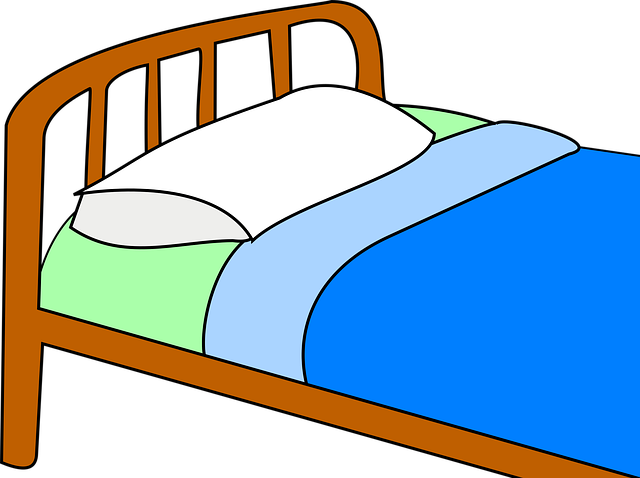Relapse prevention requires addressing psychological, emotional, and environmental triggers. Rehabilitation centers that offer art therapy provide a unique approach by helping individuals visualize high-risk situations, explore emotions through creative expression, and develop healthy coping strategies. Combining art therapy with mindfulness techniques, mental health support, and sobriety groups empowers clients to manage cravings and achieve long-term recovery. These centers create structured environments with tailored plans, fostering self-reflection, emotional exploration, and the adoption of healthier habits for successful recovery.
Personalized relapse prevention plans are a powerful tool for individuals looking to maintain long-term recovery. By understanding their unique triggers and high-risk situations, individuals can anticipate and proactively manage potential setbacks. This article explores two key components of effective prevention strategies: identifying specific risk factors through detailed analysis and utilizing art therapy in rehabilitation centers to create engaging, personalized plans. Discover how these tailored approaches empower individuals on their journey towards sustained sobriety.
- Understanding Relapse: Identifying High-Risk Situations
- Personalized Prevention Plans: A Creative Approach with Art Therapy
- The Role of Rehabilitation Centers in Long-Term Recovery
Understanding Relapse: Identifying High-Risk Situations

Relapse is a complex process that involves a combination of psychological, emotional, and environmental factors. Understanding these triggers is key to preventing a return to substance abuse. High-risk situations often present themselves as a result of unaddressed underlying issues or exposure to similar environments previously associated with addiction. These scenarios can include social gatherings where drugs or alcohol are present, certain locations that evoke nostalgic memories of past drug use, or stressful life events that lead to relapsing behaviors.
Rehabilitation centers that offer art therapy and other therapeutic interventions play a vital role in helping individuals identify and navigate these high-risk situations. Art therapy provides an outlet for self-expression, allowing clients to explore their emotions, triggers, and past experiences without using substances as a coping mechanism. By learning mindfulness techniques for stress relief, such as meditation and relaxation exercises, individuals gain valuable tools to manage cravings and prevent relapse, supported by the Mental Health Help offered within these centers. Sobriety support groups also foster an environment where sharing personal struggles and triumphs encourages accountability and long-term recovery.
Personalized Prevention Plans: A Creative Approach with Art Therapy

Personalized relapse prevention plans are a creative approach to empowering individuals in their recovery journey. Rehabilitation centers that offer art therapy have recognized its potential as a therapeutic tool, providing an innovative way for clients to express themselves and gain insights into their triggers and emotional states. Through artistic means, patients can visually map out high-risk situations, explore coping strategies, and develop a deeper understanding of their personal challenges.
Art therapy offers an alternative method for individuals who may find traditional talk therapy less engaging or effective. This evidence-based practice encourages self-reflection and promotes the development of healthy habits in early sobriety. By incorporating art into relapse prevention planning, mental health help becomes more accessible and appealing, fostering a sense of agency and creativity in managing one’s recovery.
The Role of Rehabilitation Centers in Long-Term Recovery

Rehabilitation centers play a pivotal role in long-term recovery by providing structured environments and specialized services tailored to individual needs. These facilities offer a comprehensive range of therapeutic approaches, including art therapy, which has been shown to be incredibly effective for fostering healthy relationships coaching in early sobriety. By engaging in creative processes, individuals can explore their emotions, build coping mechanisms, and develop a deeper understanding of themselves and their triggers.
Moreover, rehabilitation centers that incorporate online support groups for loved ones of addicts and nutrition planning services into their programs enhance the overall recovery experience. These additional resources ensure that not only does the individual receive care but also their family and friends have access to necessary support. Equally important, proper nutrition is integral to optimal health recovery; specialized services in this area empower individuals to make informed choices that promote sustained well-being.
In conclusion, personalized relapse prevention plans are a powerful tool for individuals in recovery. By identifying high-risk situations and implementing creative strategies like art therapy, these plans empower folks to navigate challenges successfully. Rehabilitation centers that offer art therapy play a vital role in fostering long-term recovery by providing tailored support and enhancing coping mechanisms. This holistic approach ensures individuals have the resources needed to maintain their sobriety and embrace a vibrant future.






